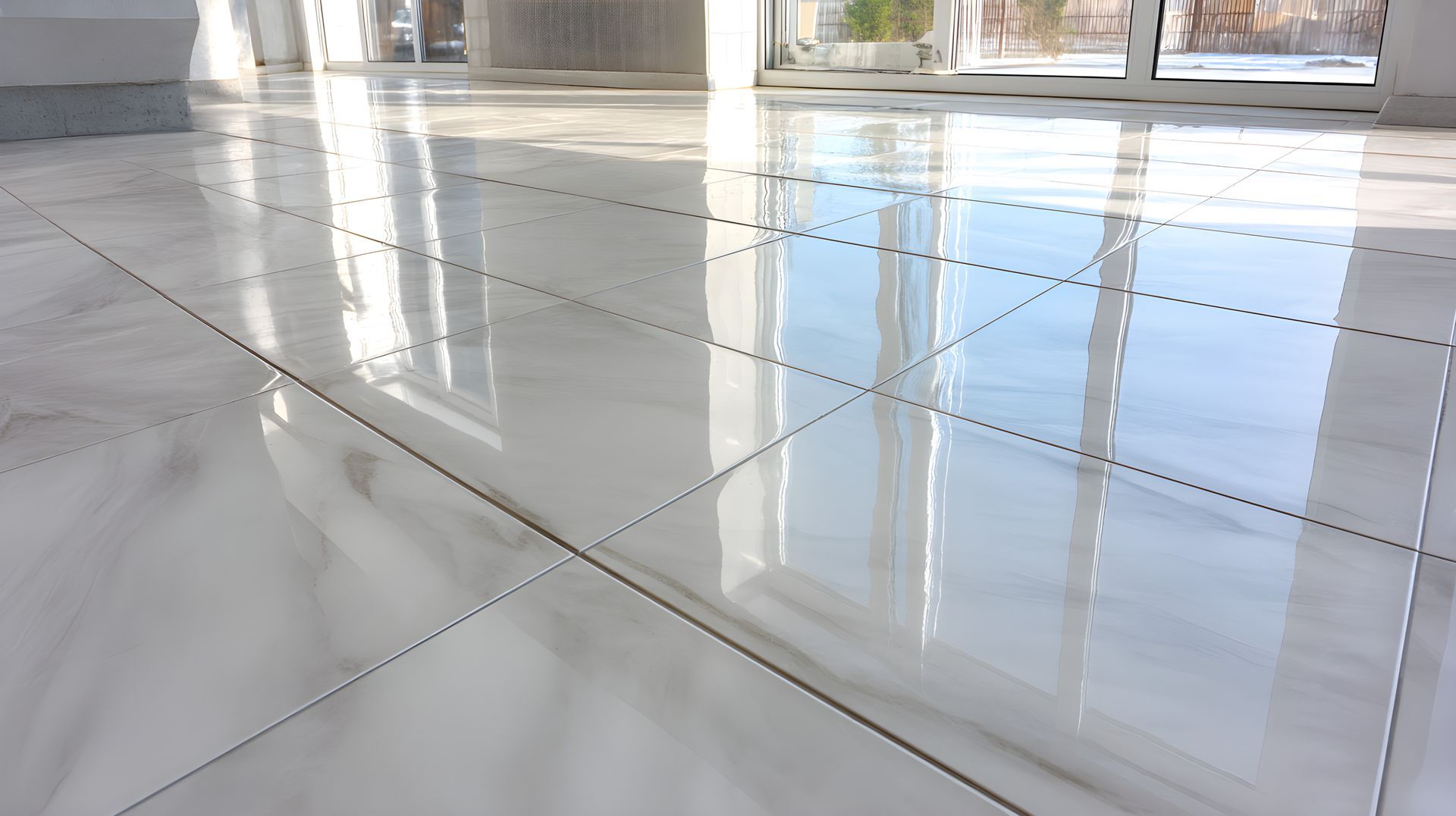What you need to know about marble flooring and the maintenance typically required

Marble has been a popular building material since before the Ancient Grecian times, when marble was first used in construction. Still today we can find it being used to create everything from countertops and floorings all-the way up into architecture!
If you're considering installing new floors for your home be sure not only take on what kind of work will be best but also consider how they'll match with other features or designs within an area too--marbling styles range from sleekly modernistic flat patterns right down classic symmetrical ones so make sure whatever decision suits YOU most fits well inside any room of its surroundings.
What is Marble?
Marble is a very popular natural stone that can be found in slabs and tiles for both residential or commercial building applications. It's caused when igneous rock, such as granite, transforms layered sedimentary stones like limestone under heat and pressure into harder materials with beautiful colors & veined patterns. However, marble may also confuse people because it looks similar to granite but has none of those properties except being metamorphic meaning changed by undergoing changes without melting
The pros of marble
Marble has a very unique style, polish, light, and natural material. It gives an elegant feel to your home and air of luxuriousness without being too overpowering or intense with its color choice - just ask anyone whose living space is made up entirely out of this material! No two pieces are exactly alike because each marble slab will be created uniquely by how it reacts under heat over time so there's always something new when you come back again next year after remodeling once more.
The cons of marble
The cost and installation of marble can be timely and expensive. Plus marble is softer and can be softer and scratched easily. If you have a taste for the finer things in life, marble floors are your ticket. These stone surfaces come in many different varieties and can be found at all price points starting with their most affordable counterparts costing about $10 per square foot, up to specialty stones that cost upwards of 40 dollars. Regardless if one is looking into installing ceramic tiles or laying down granite surface material; labor costs will still add roughly 50% onto total project expense. Maintaining this type of ornamental beauty requires professional care alongside high-quality products.
Why does it need to be professional cleaning?
Marble is a beautiful, natural stone that can be made to look like new again with the right care. Marbling might make it more difficult for stains and scratches though since marble will not buff out as easily or conceivably seal itself against future damage from things like dirt build-up.
However, some deep stains may require more finesses to clean and eradicate. If you keep it sealed with the help of a professional team it will be easier to maintain overall.
If you have questions about how to properly clean your marble or other natural stone, contact us today!


